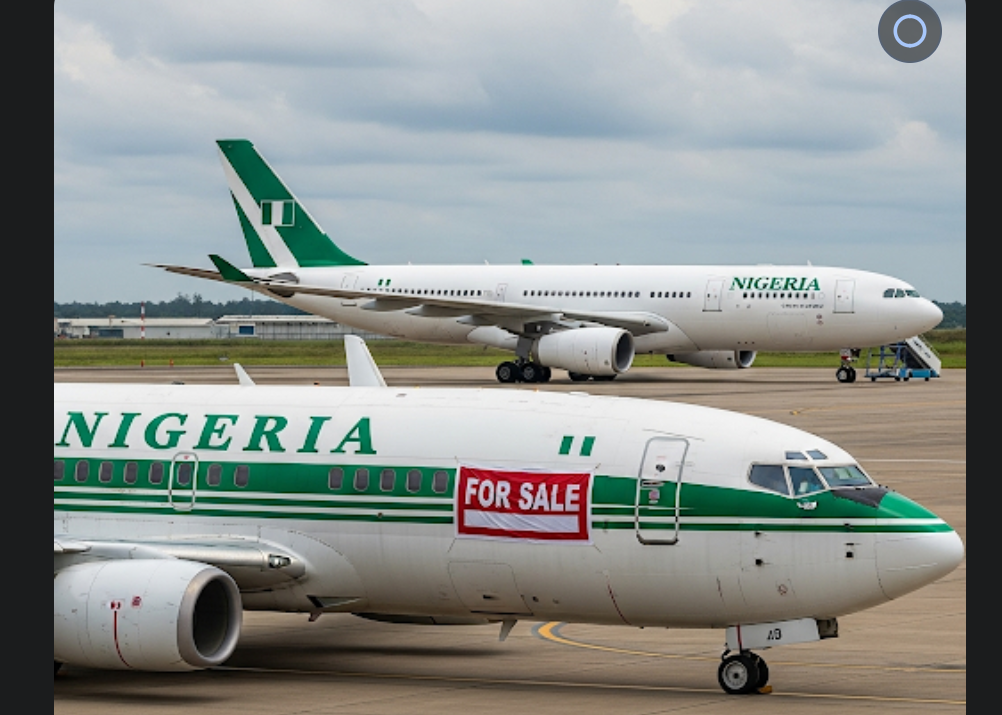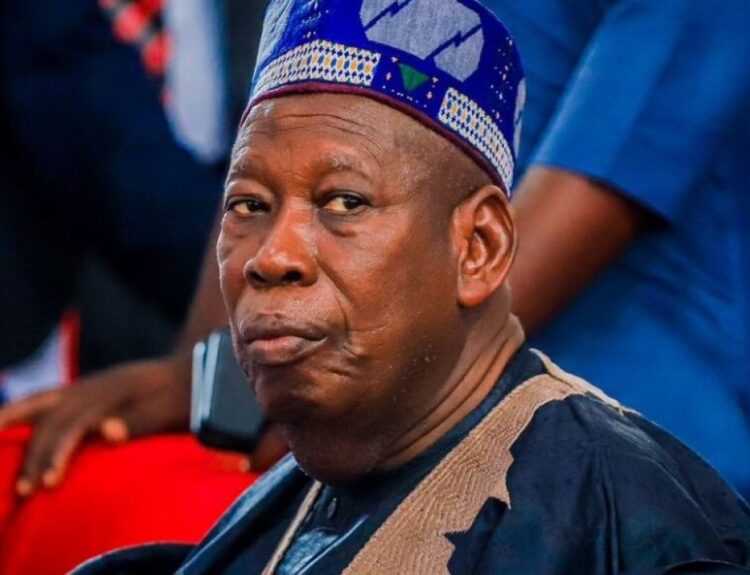Abuja, Nigeria – Nigeria is currently in the process of selling its long-serving presidential aircraft, a Boeing 737, which has been a staple of the nation’s presidential fleet for nearly two decades. The decision to offload the $43 million jet, originally acquired in 2005, signals a shift in the country’s approach to presidential travel, driven by escalating maintenance costs and safety concerns. A Swiss company is handling the sale on behalf of the Nigerian government.
President Bola Tinubu ceased using the veteran aircraft last August, opting for a newer and larger plane. This move came amidst increasing public scrutiny over government expenditure, particularly during a period of economic hardship for many Nigerians.
Why the Presidential Jet is Being Sold
The primary reasons for the divestment of the 20-year-old Boeing jet are its prohibitive operational costs and a series of safety incidents:
- Soaring Maintenance Expenses: The aircraft had become increasingly expensive to maintain and operate. A significant factor contributing to this cost is the lack of warranty or service plans for its two engines, meaning any repairs could incur substantial, unforeseen expenses.
- Growing Safety Concerns: A critical malfunction during a presidential trip to Saudi Arabia in April 2024 heightened worries among officials regarding the plane’s reliability and safety.
- Despite a partial interior refurbishment in July 2024, which included upgrades to first-class seating and new carpeting, the presidency ultimately decided that retiring and selling the jet was the most fiscally responsible and safety-conscious decision.
Nigeria’s Extensive Presidential Air Fleet
Nigeria’s president has access to a considerable fleet of approximately 10 aircraft, all managed and operated by the Nigerian Air Force. This fleet comprises:
- Fixed-wing aircraft: A selection of luxury jets from manufacturers such as Gulfstream, Falcon, and Hawker. It is noteworthy that three of these fixed-wing aircraft are currently unserviceable.
- Helicopters: Four helicopters are available for shorter presidential trips.
The New Acquisition and Current Travel Arrangements
To replace the aging Boeing 737, the Nigerian government acquired a new Airbus A330-200 for an estimated $100 million. This new aircraft is significantly larger than its predecessor.
However, the transition has introduced some complexities regarding the president’s current travel arrangements:
- Since February, President Tinubu has been observed utilizing a different aircraft for his travels—a Boeing Business Jet (BBJ) registered in San Marino, a small European country.
- Concurrently, the newly acquired $100 million Airbus A330-200 has been sent to South Africa. This trip is reportedly for repainting the aircraft in Nigeria’s national green and white colors and potentially for further refurbishment, as it did not initially bear the national livery.






